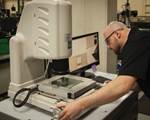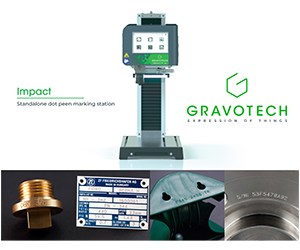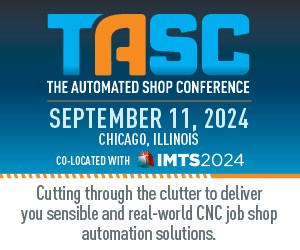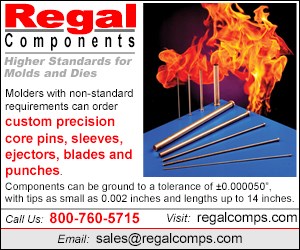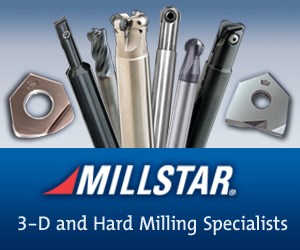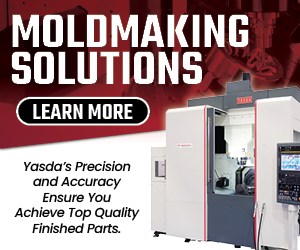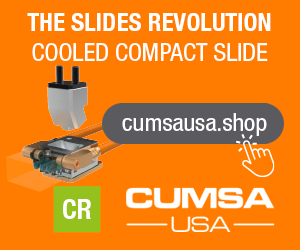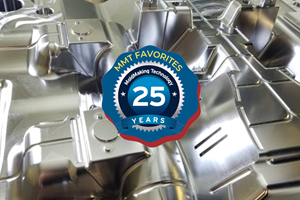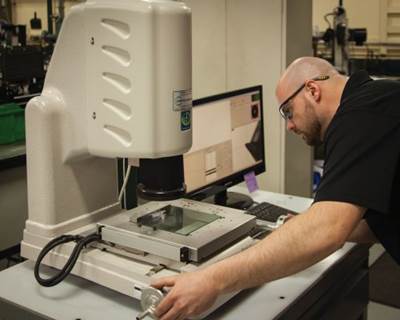The Impact of Emotional Intelligence, Personality Profiles and Learning Styles on Training and Productivity
A mold shop changes its hiring approach from one of filling positions to instead finding the right people to grow with the team.
What if your shop had a waiting list of people wanting to work for the company?
What if your shop learned and improved faster than any other company?
What if your shop created an atmosphere that helped everyone reach their greatest potential?
What if employees learned something new every day?
What if you could constantly move, interchange and train people as needed?
What if employees were not afraid to share failures and successes?
What if employees were open minded to trying new ways of doing things?
What if you improved the quality of life for employees?
What if you brought generations together?
What if employees managed themselves?
What if you hired solely for character and core values and could train for skill?
These are only a few of the questions the owners of Westminster Tool, a small mold manufacturer in Plainfield, Connecticut, asked themselves as part of an exercise to help paint the picture of the shop they desired to be. The answers forced the team to change their hiring approach from one of simply filling positions to finding the right people to grow with the team (see feature story). Their goal was to be an employer of choice by creating a company where learning and development were top priorities and where the workforce was honest, caring and accountable. This goal required a focus on people with a foundation built on emotional intelligence, continuous learning and improvement, and accountability.
Does all of this sound like gibberish, hogwash, nonsense? Well, all I can tell you is: Seeing is believing.
The first time I discussed culture with Westminster Tool Owner and President Ray Coombs was about four years ago, around the time they entered (and won) our 2014 Leadtime Leader Awards competition. I thought it was all talk. How could what he was describing work? The second time I visited Westminster, I knew something looked and felt different, but I could not decide if it was good or real. The third time it not only felt right, but I saw the training in action. I witnessed two people resolving conflict using their emotional intelligence, learning style, and DISC profile tools. I got it. Seeing it in action is believing.
I walked through Westminster’s “What If” and witnessed it coming to life throughout the company. I saw employees applying the DISC profile tools on the shop floor and heard about employees applying them at home too. I saw the impact of simple measures when people are empowered to make a change. I saw seasoned experts working side by side with younger, newer employees while teaching each other. I saw young, unskilled talent in leadership positions making a significant impact across the company. I heard about the importance of self-management and self-awareness. I noticed the lack of job titles to encourage dynamic, flexible employees. I learned about Westminster Academy, a framework for defining and tracking the skills employees need to develop. But most impressive was seeing every employee I encountered exude the same pride and passion for his or her work.
After all that I joined forces with Modern Machine Shop Editor-in-Chief Pete Zelinski and Gardner Business Media videographer Austin Grogan to create a video to share their story. See sidebar below for video.
So, what are your What If questions? Write them down and then take the answers and start creating the shop you would want to work in.
Related Content
Exploring ISO 9000 - Part 16 Control of Quality Records
A Series of International Standards for Quality Management and Quality Assurance. We begin 2022 with a review of Clause 4.16 Control of Quality Records.
Read MoreHow to Improve Your Current Efficiency Rate
An alternative approach to taking on more EDM-intensive work when technology and personnel investment is not an option.
Read MoreLeading Mold Manufacturers Share Best Practices for Improving Efficiency
Precise Tooling Solutions, X-Cell Tool and Mold, M&M Tool and Mold, Ameritech Die & Mold, and Cavalier Tool & Manufacturing, sit down for a fast-paced Q&A focused on strategies for improving efficiencies across their operations.
Read MoreMaking Quick and Easy Kaizen Work for Your Shop
Within each person is unlimited creative potential to improve shop operations.
Read MoreRead Next
2014 Leadtime Leader Awards Winner: Westminster Tool Inc.—Bridging the Gap without Losing Focus
A strong sense of self and a focus on people enabled this mold manufacturer to rapidly expand pre- and post-manufacturing services without getting overwhelmed by its own growth.
Read MoreReasons to Use Fiber Lasers for Mold Cleaning
Fiber lasers offer a simplicity, speed, control and portability, minimizing mold cleaning risks.
Read MoreHow to Use Continuing Education to Remain Competitive in Moldmaking
Continued training helps moldmakers make tooling decisions and properly use the latest cutting tool to efficiently machine high-quality molds.
Read More

